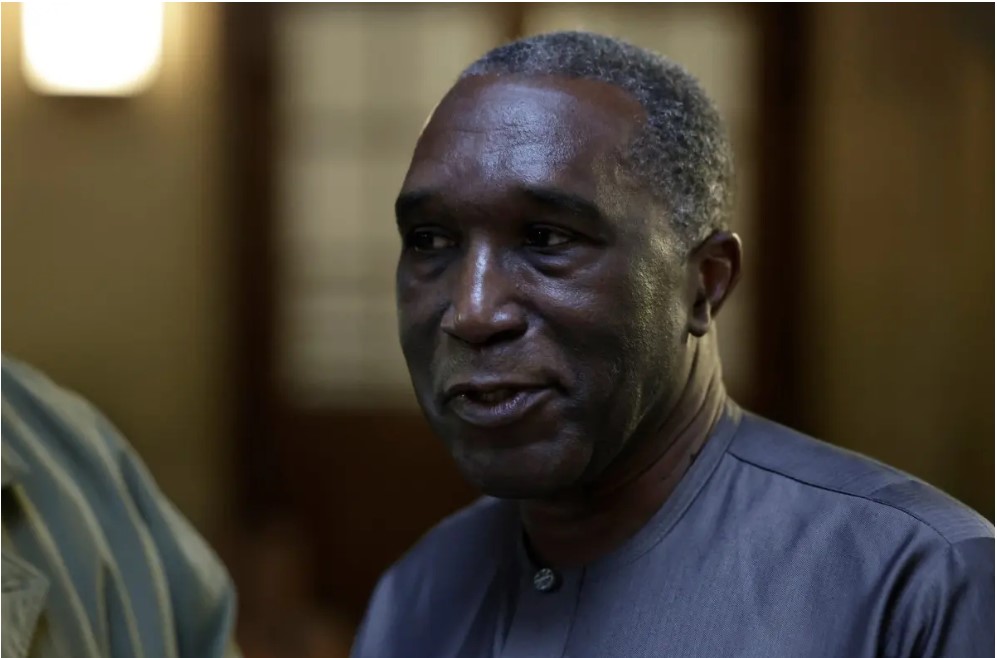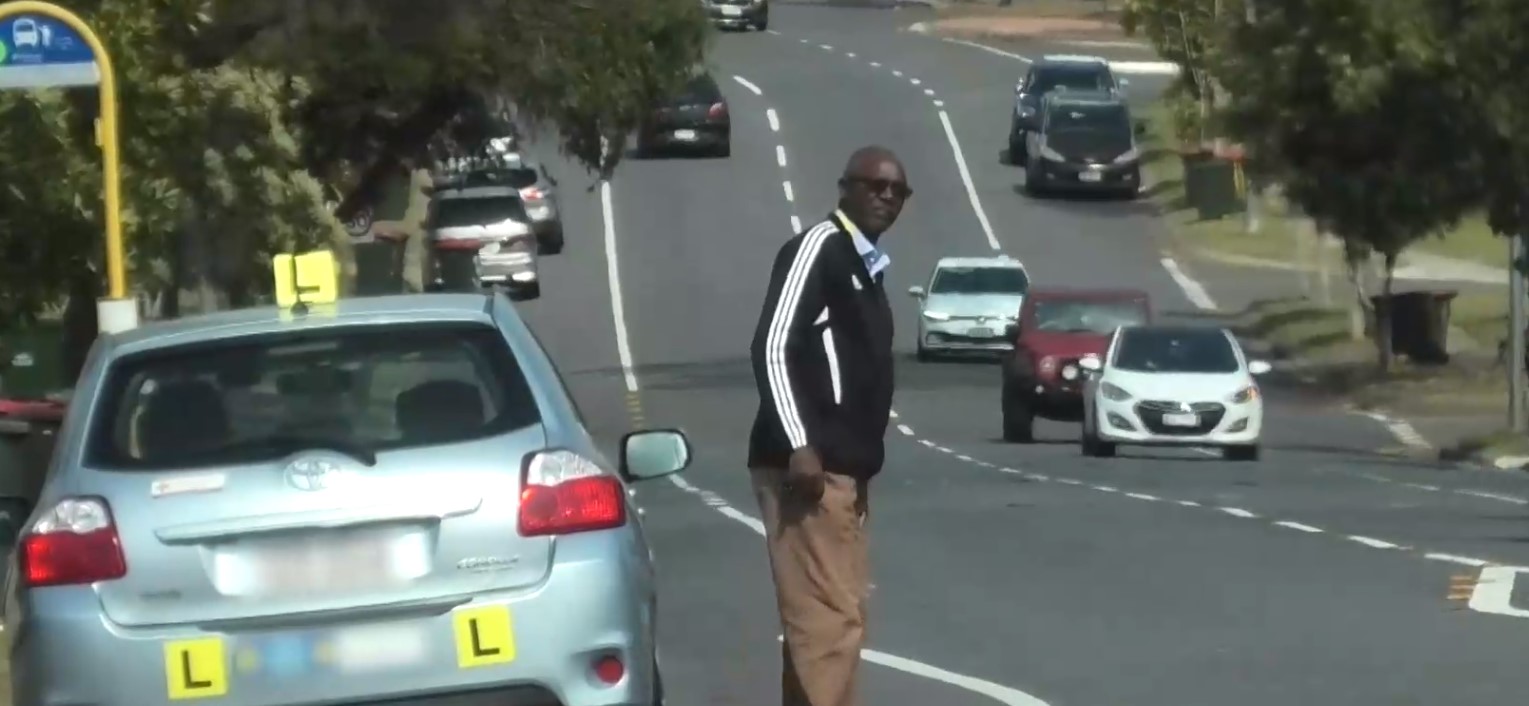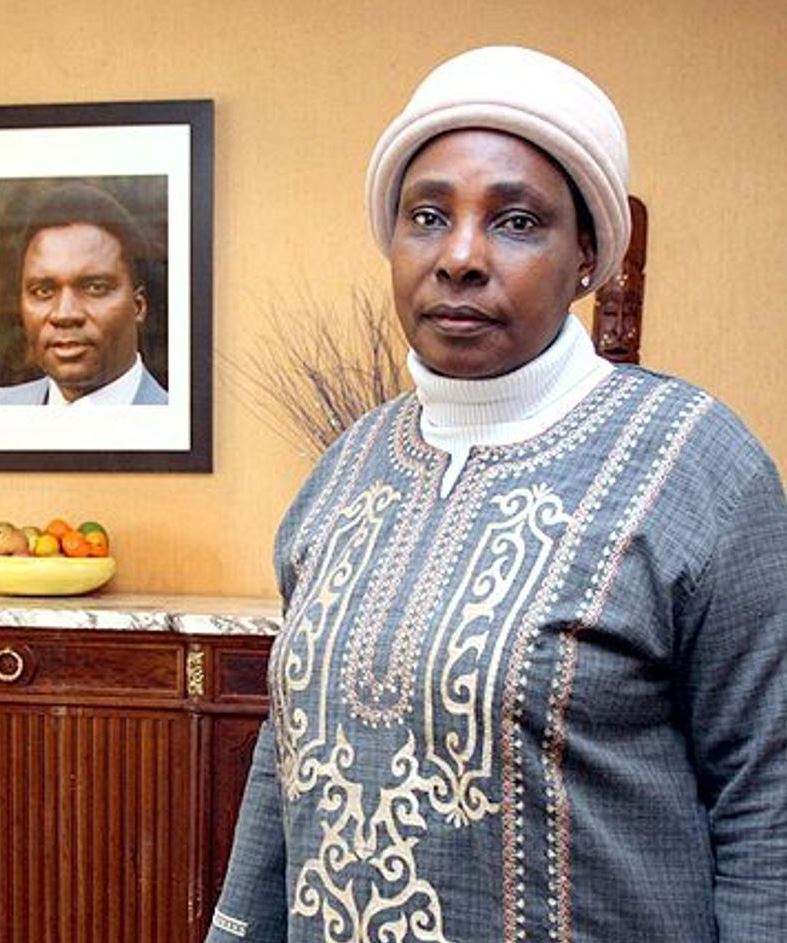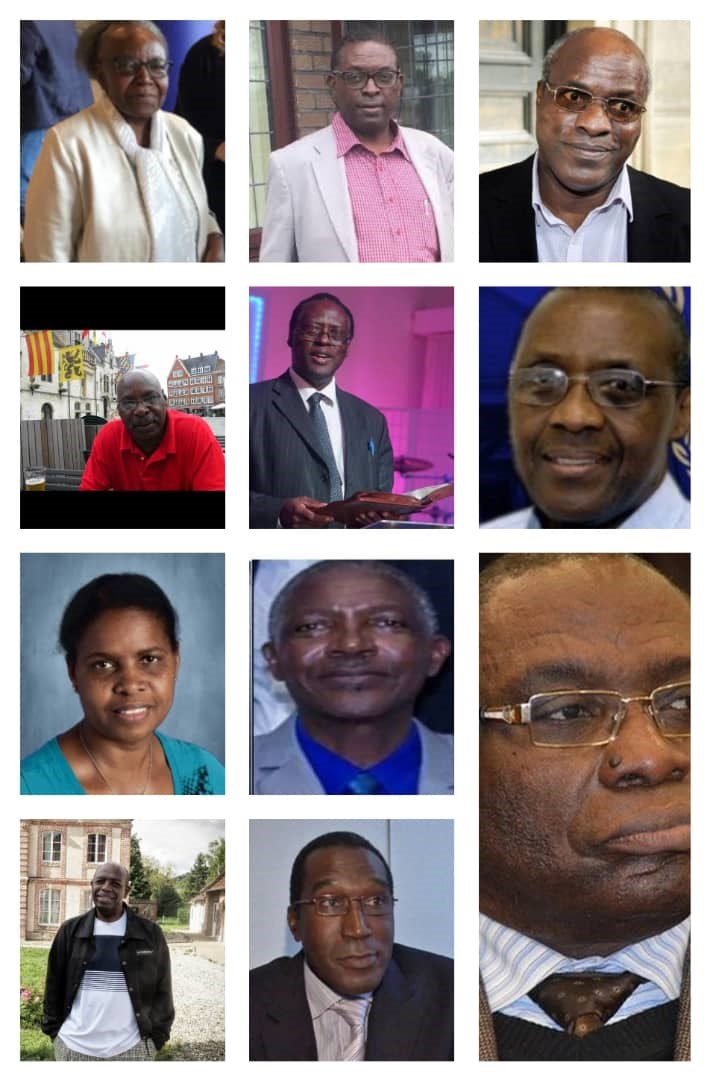Regional
Eugene Rwamucyo’s conviction exposes genocidaires’ solidarity

Eugene Rwamucyo.
Whenever a genocide fugitive is arrested, deported to Rwanda, or sentenced, it is troubling news for all those associated with the perpetrators of the 1994 genocide against the Tutsi in Rwanda including their descendants, families, and friends.
On November 31, Eugène
Rwamucyo was found guilty of complicity in genocide, complicity in crimes
against humanity, and conspiracy to facilitate these crimes. He was sentenced
to 27 years in prison, marking a significant chapter in the long battle for
justice that survivors have waged for decades.
In 1992, Rwamucyo, alongside
fellow genocide fugitive Charles Ndereyehe, who resides in the Netherlands,
helped create and lead a criminal organization known as the Cercle des
Républicains Progressistes. This group included extremist Hutu Power
intellectuals such as Ferdinand Nahimana and Dr Jean-Berchmas Nshimyumuremyi.
Their primary objective was to indoctrinate students and lay the groundwork for
genocide on university campuses in Nyakinama and Butare.
The Hutu Power intelligentsia
played a crucial role in denying the genocide against the Tutsi. This was in
accordance with the recommendations from a High Command Meeting of the former
Rwandan Armed Forces (Ex-FAR) held in Goma, in eastern DRC, from November 2 to
8, 1994, led by General Augustin Bizimungu.
The meeting established a
commission tasked with creating information and documentation aimed at denying
the genocide, instead placing the blame on the victims themselves.
A solidarity network among
genocide fugitives emerged, founded on a shared belief that the genocide was
merely an inter-ethnic conflict instigated by the Tutsi. Rwamucyo elaborated on
this narrative in his so-called book, a compilation of genocide denial
rhetoric, which he disseminated through his website.
After fleeing to Europe
following the dismantling of refugee camps in Zaire, these fugitives, aided by
family members, created a network of solidarity. They helped each other travel
to European countries, often under false names. Those who retained their
original identities were provided with lawyers to advocate for them, portraying
themselves as political refugees or human rights activists.
Particularly in France,
first-category genocide fugitives, including senior politicians and military
officials, received assistance from French soldiers and politicians. This
support stemmed from a deep bilateral cooperation established between Rwanda
and France in the early 1970s. For over 20 years, military officers from both
countries attended the same schools and courses, forging close ties.
In May 1994, amidst the
genocide when the Tutsi were being massacred, the Prime Minister of the
genocidal government visited the National University. During an interactive
session, Rwamucyo advised prime minister Jean Kambanda to adopt a unified
narrative denying the existence of an inter-ethnic war or massacres, claiming
instead that the population was merely opposing the Rwandan Patriotic Front
(RPF), which had deployed five soldiers on each hill of Rwanda.
The conviction of Rwamucyo, as
the second individual in France sentenced for planning the genocide against the
Tutsi, represents a pivotal moment in the fight against impunity. Genocide
deniers in France often argue that the genocide was not premeditated. However,
Rwamucyo's conviction counters that narrative.
Rwamucyo’s sentencing sends a
strong message against genocidal ideologies, especially in France, which had
once been regarded as a sanctuary for genocide fugitives. This case underscores
the persistent efforts of survivors and the international community to seek
justice and accountability for past atrocities.
The story of Rwamucyo serves
as a stark reminder of the enduring impact of genocide and the complex networks
of solidarity that can form among those who perpetrate such atrocities.
While Rwamucyo’s conviction is
a significant step towards justice, it also highlights the broader challenges
faced by survivors and advocates. The journey toward healing and accountability
is fraught with obstacles, yet it remains crucial for preventing future
atrocities.
The international community
must continue to confront the ideologies that enable genocide and support the
survivors in their quest for justice.






